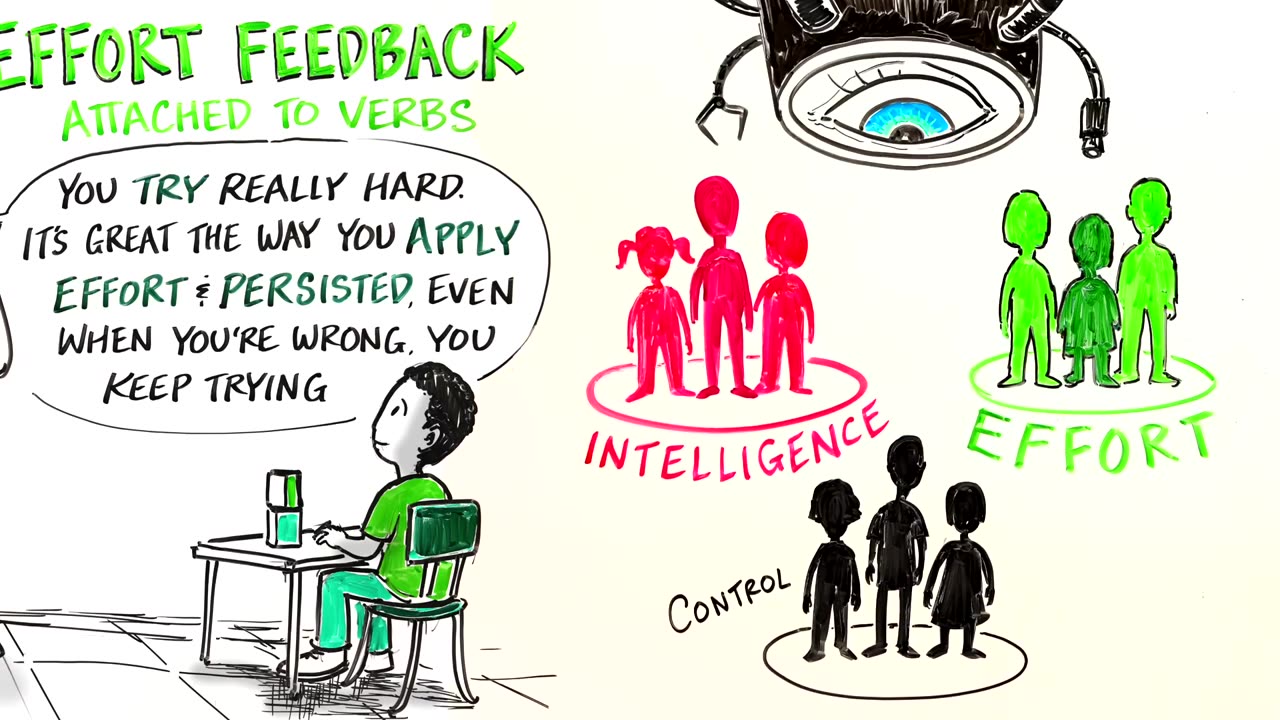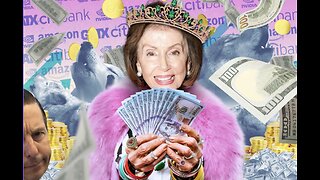Premium Only Content
This video is only available to Rumble Premium subscribers. Subscribe to
enjoy exclusive content and ad-free viewing.

How Feedback Affects Performance - Andrew Huberman - Growth Mindset
1 year ago
61
CHECK OUT OUR SPONSORS
Sleep Support Plus : https://tinyurl.com/yy6xypjb
Lutenol (Vision Supplement) : https://tinyurl.com/yy6xypjb
Folexin ( Hair Supplement ) : https://tinyurl.com/2zumsy4t
Projoint Plus (Joint Health Supplement) : https://tinyurl.com/4aput2wk
Lung Support : https://tinyurl.com/4pcn5fzj
HUBERMAN LAB MERCH AVAILABLE
@ https://huberman.creator-spring.com/listing/huberman-merch
( CODE : huberman ) for 10% off
Loading 1 comment...
-
 7:30
7:30
Andrew Huberman ✅
6 months agoCold vs Hot: Which is Better for Women? | Dr. Stacy Sims & Dr. Andrew Huberman
532 -
 LIVE
LIVE
Jeff Ahern
2 hours agoThe Saturday Show with Jeff Ahern
323 watching -
 LIVE
LIVE
Spartan
50 minutes agoHalo 3 MCC Throwback Charity Tournament for Men's Mental Health | Kuhlect Mental Riqhts Spartan
17 watching -
 LIVE
LIVE
GrimmHollywood
2 hours ago🔴LIVE • GRIMM HOLLYWOOD • SGT WILKY'S WARZONE PALOOZA 2 •
55 watching -
 20:36
20:36
It’s the Final Round
2 hours ago $2.49 earnedNBA Best Bets & Player Props | Full Analysis & Predictions, FREE Today (Saturday 11/9) November 9th
3.77K1 -
 LIVE
LIVE
The Real Tombliboos - Live Streaming
13 hours ago $0.51 earned🎮 Charity Stream for Extra Life 4 Kids! ❤ Supporting Texas Children’s Hospital ! 🙌
103 watching -
 LIVE
LIVE
Amarok_X
3 hours ago🟢LIVE | BF6 REDSEC | OPERATION 100 FOLLOWERS | VETERAN GAMER
18 watching -
 18:08
18:08
Professor Nez
3 hours ago⚠ Charlie Kirk WARNED America about Zohran Mamdani
7.05K45 -
 LIVE
LIVE
GritsGG
2 hours ago#1 Most Warzone Wins 3943+!
24 watching -
 LIVE
LIVE
FusedAegisTV
5 hours agoFUSEDAEGIS | Generational Video Game?? | Expedition 33 PART I
25 watching